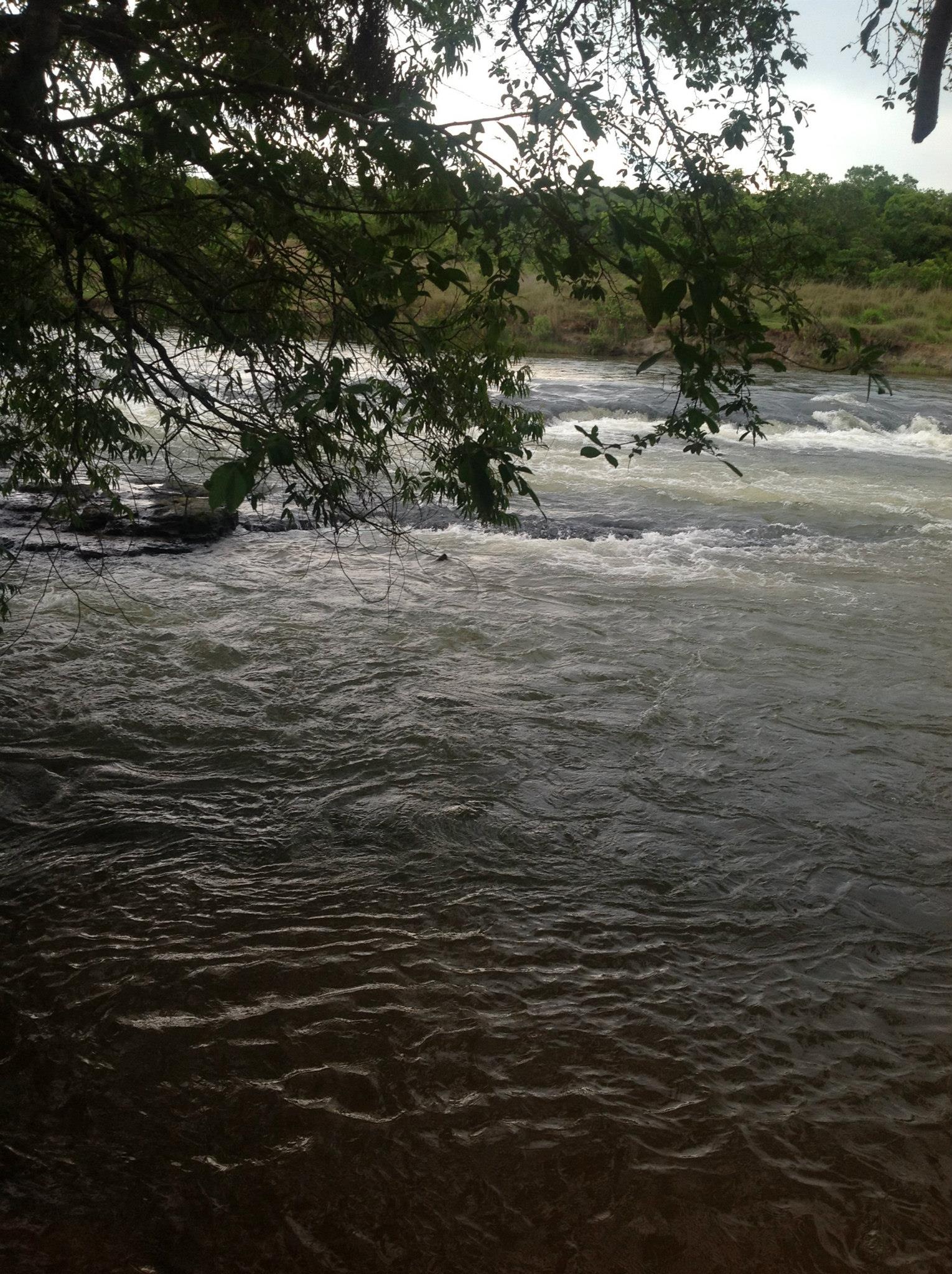The Araguaia River, Brazil
The Araguaia River is one of the major rivers in Brazil. It is located in the central part of the country and flows through the states of Goiás, Mato Grosso, Tocantins, and Pará. The river has a total length of approximately 2,627 kilometers (1,632 miles), making it one of the longest rivers in Brazil.
The Araguaia River is known for its rich biodiversity and is considered one of the last large wild river systems in the world. It is home to a wide variety of plant and animal species, including numerous fish species, reptiles, birds, and mammals. The river and its surrounding areas are part of the Araguaia National Park and several other conservation units, protecting its unique ecosystem.
The river is an important waterway for transportation, commerce, and fishing activities in the region. It also attracts tourists who are interested in exploring the natural beauty of the area. The Araguaia River offers opportunities for boating, kayaking, fishing, and wildlife observation.
Additionally, the Araguaia River holds cultural and historical significance for indigenous communities and traditional riverine populations who have lived along its banks for centuries. It has played an essential role in their livelihoods, providing water, food, and transportation.
It's worth mentioning that in recent years, concerns have been raised regarding the environmental impact of human activities, such as deforestation and the construction of dams, on the Araguaia River and its ecosystem. Efforts are being made to promote sustainable development and protect the river's natural resources.
Overall, the Araguaia River is a significant watercourse in Brazil, characterized by its biodiversity, cultural importance, and recreational opportunities.

.jpg)
.jpg)
.jpg)

.jpg)
.jpg)
.jpg)
.jpg)
.jpg)
.jpg)
.jpg)